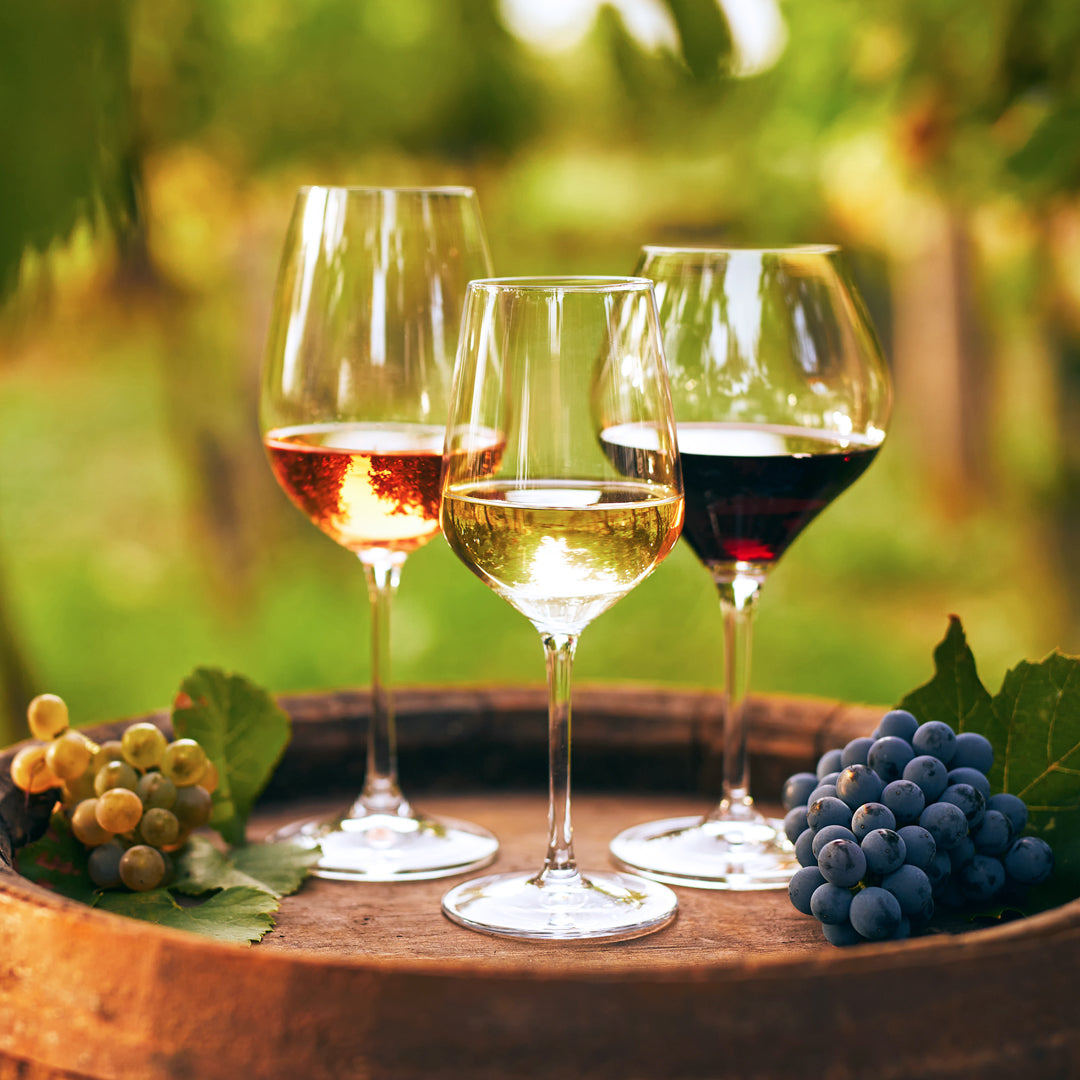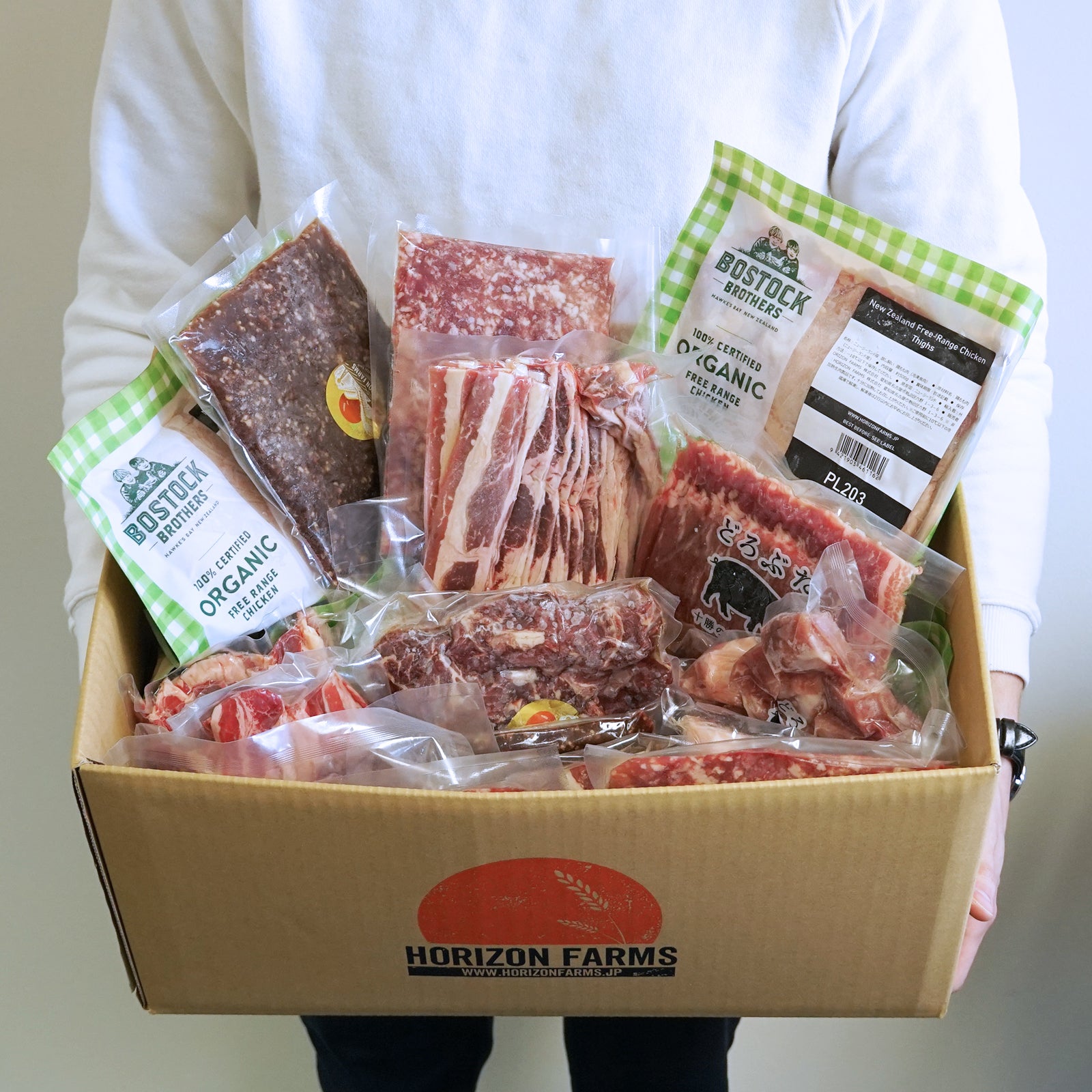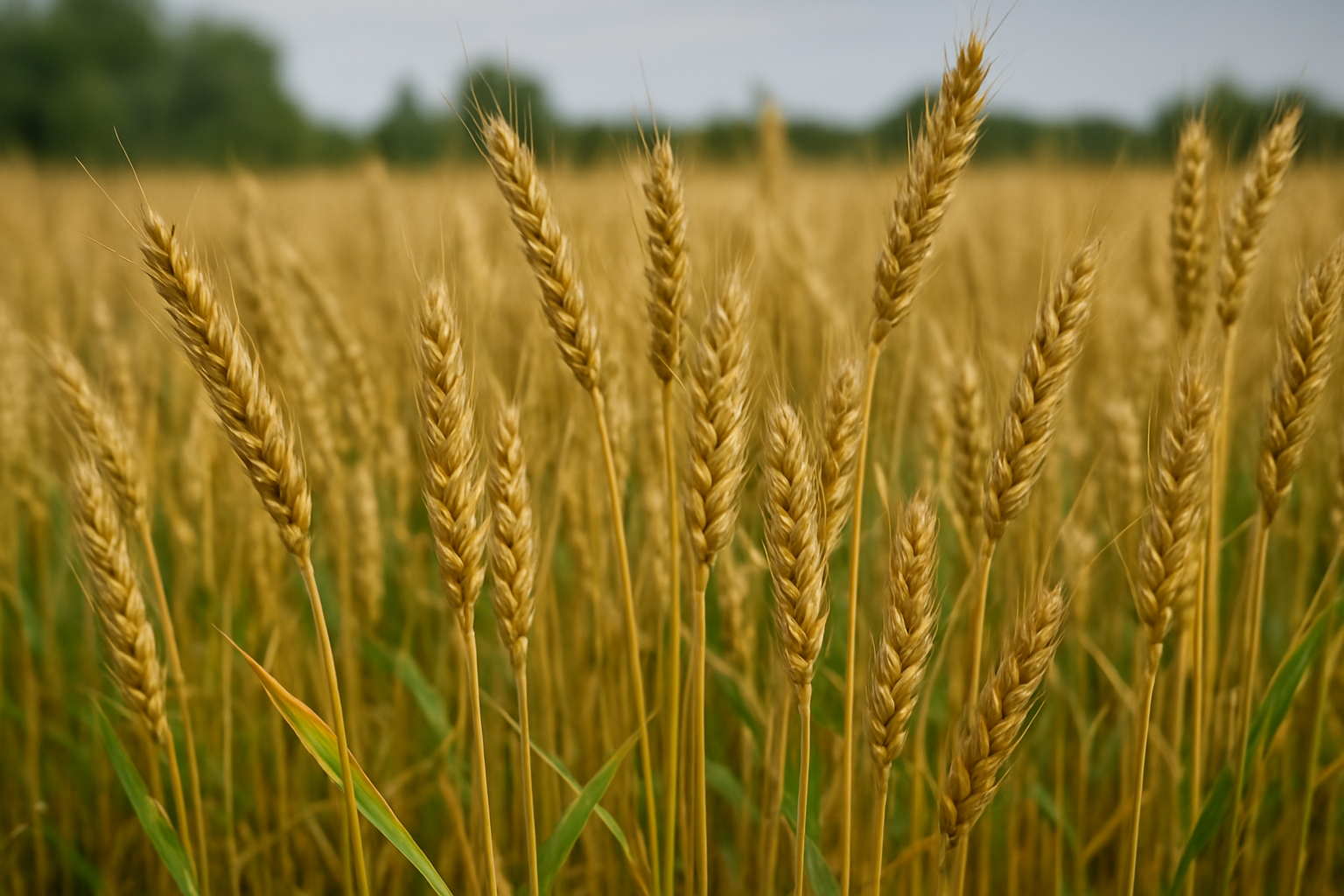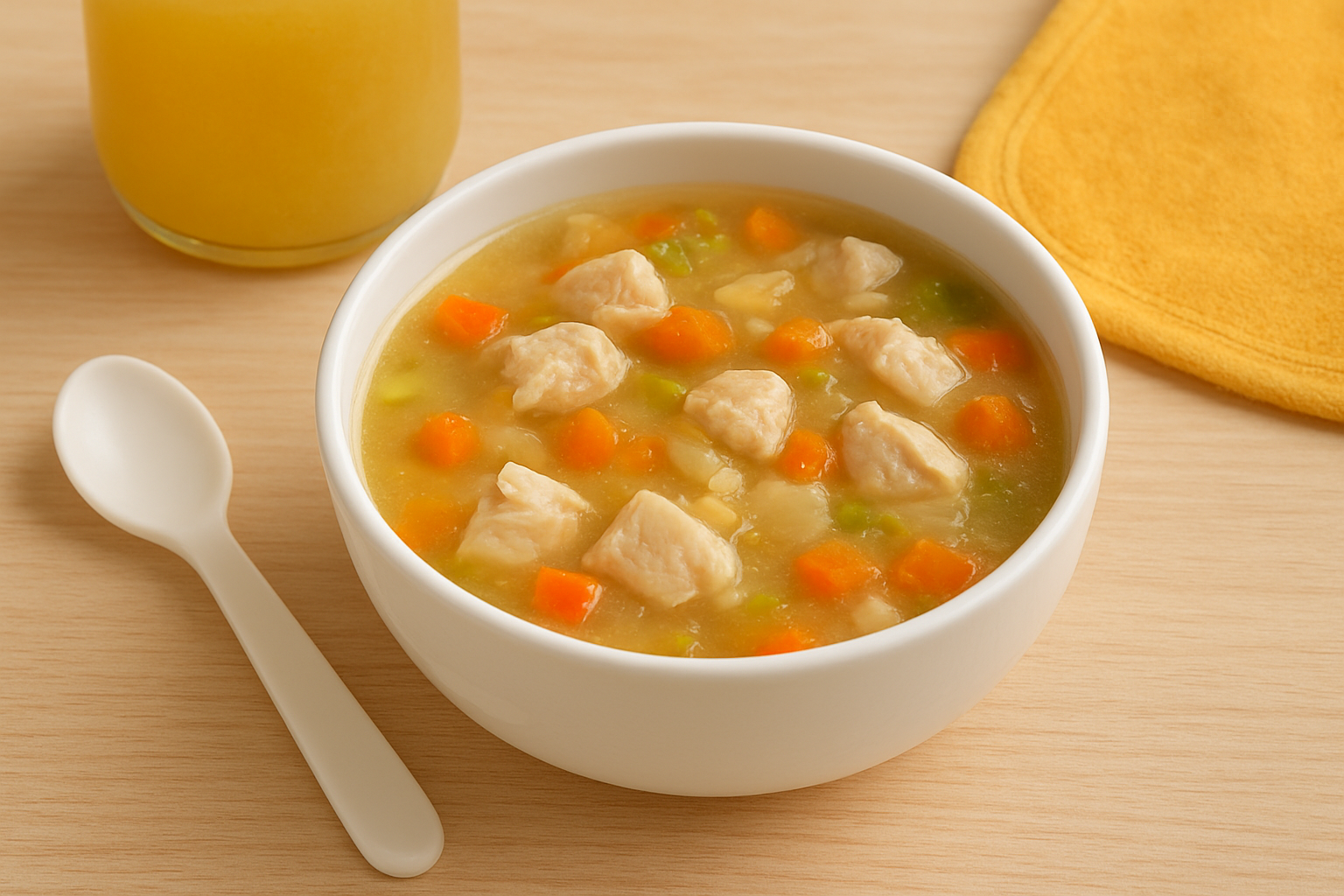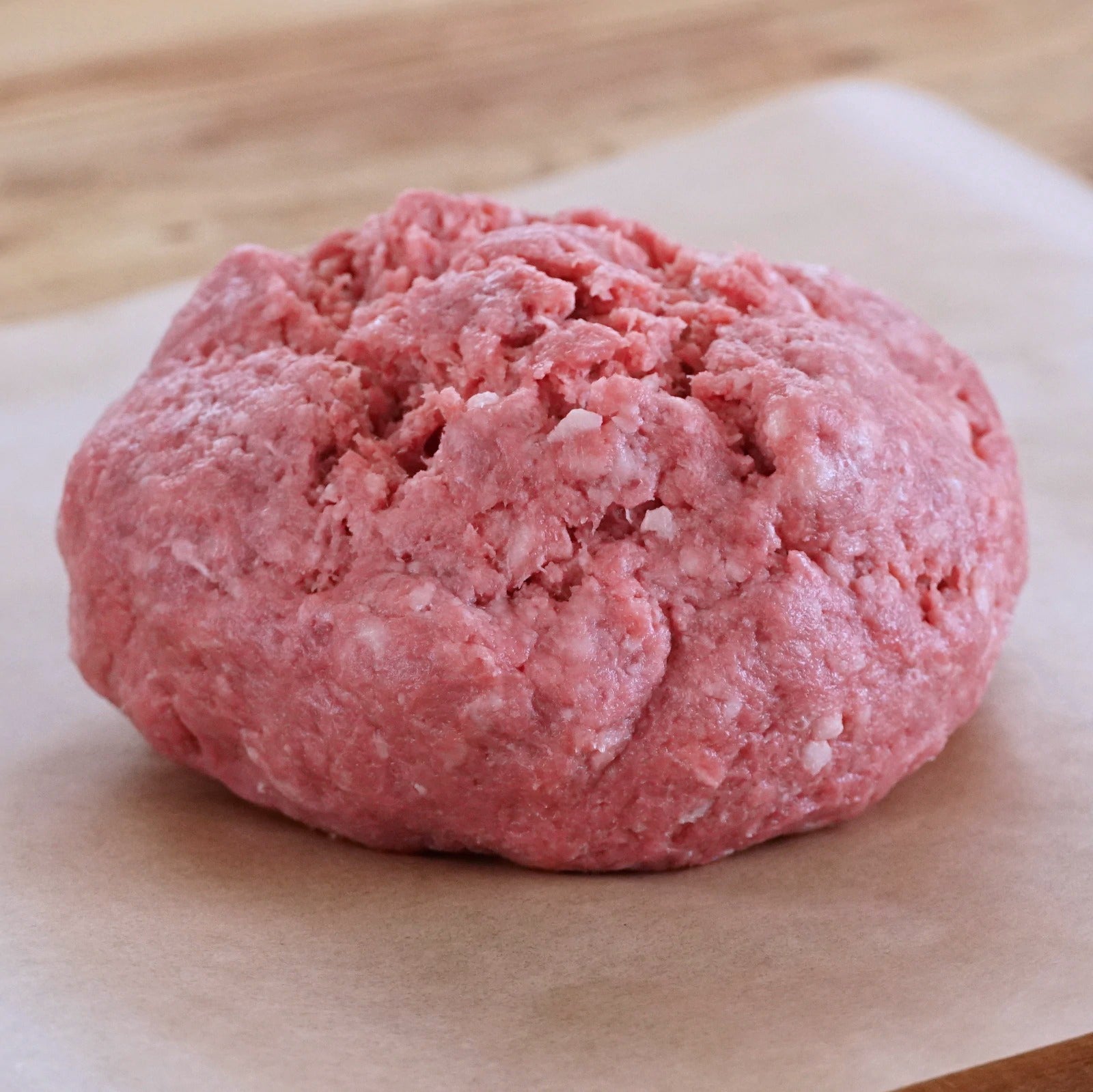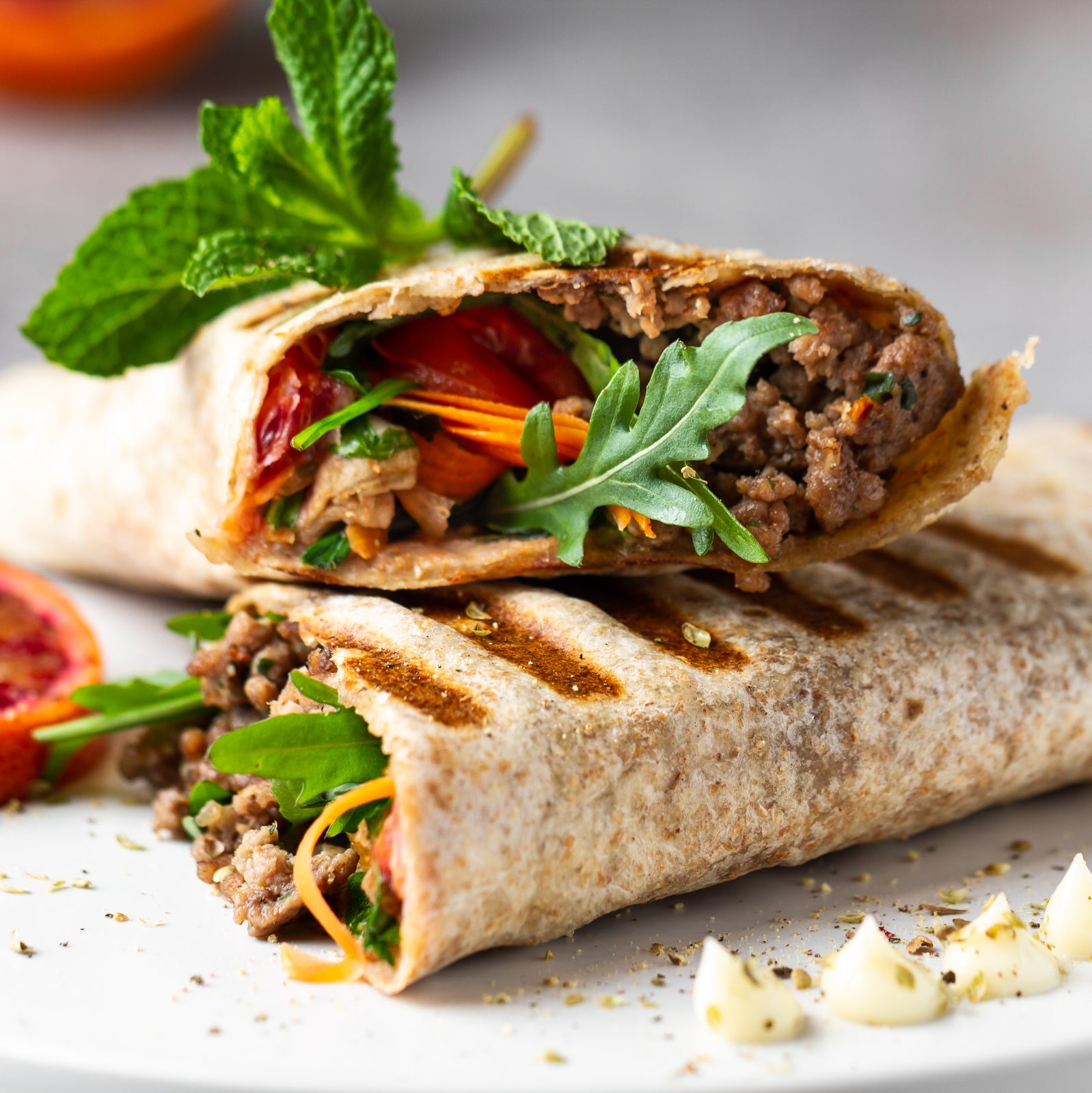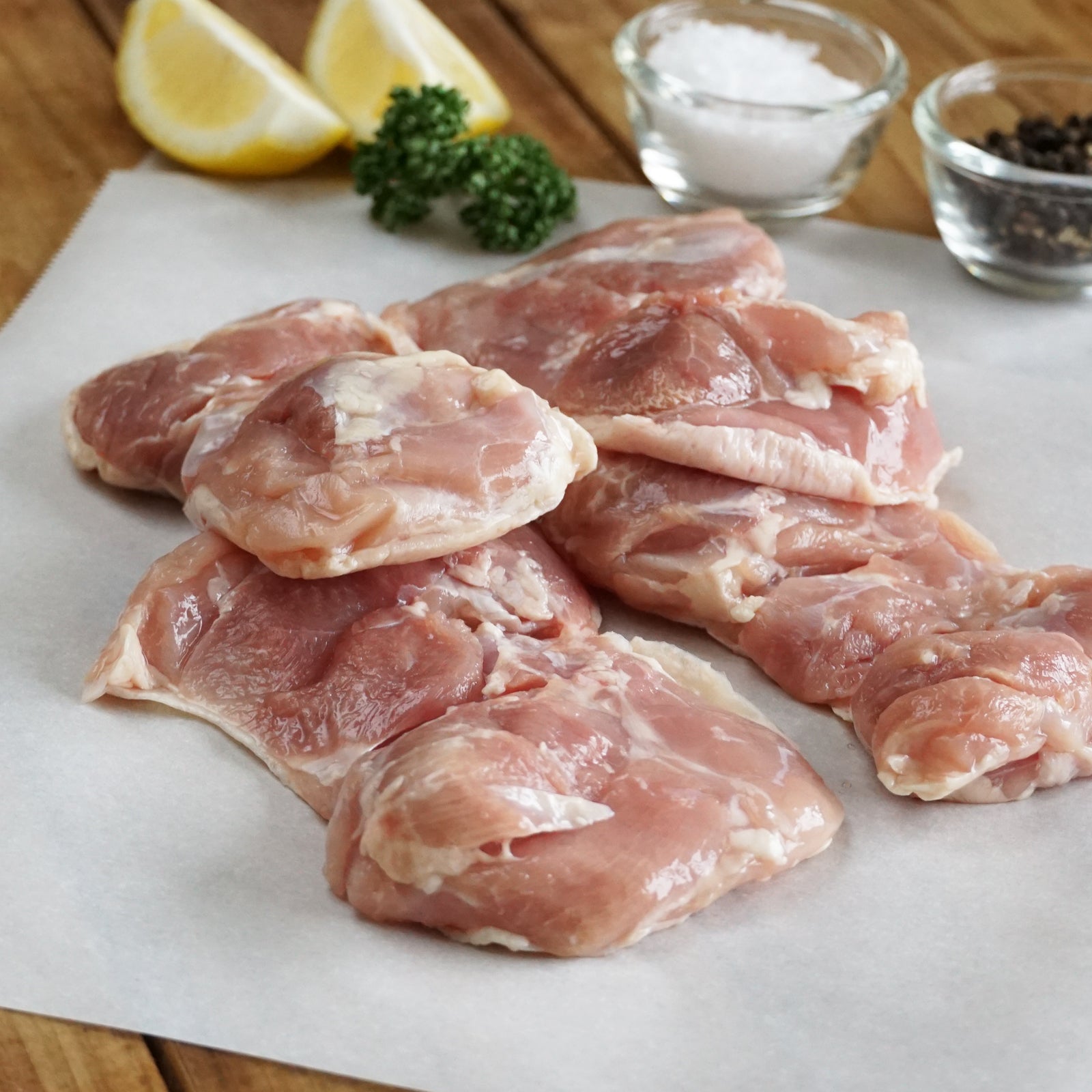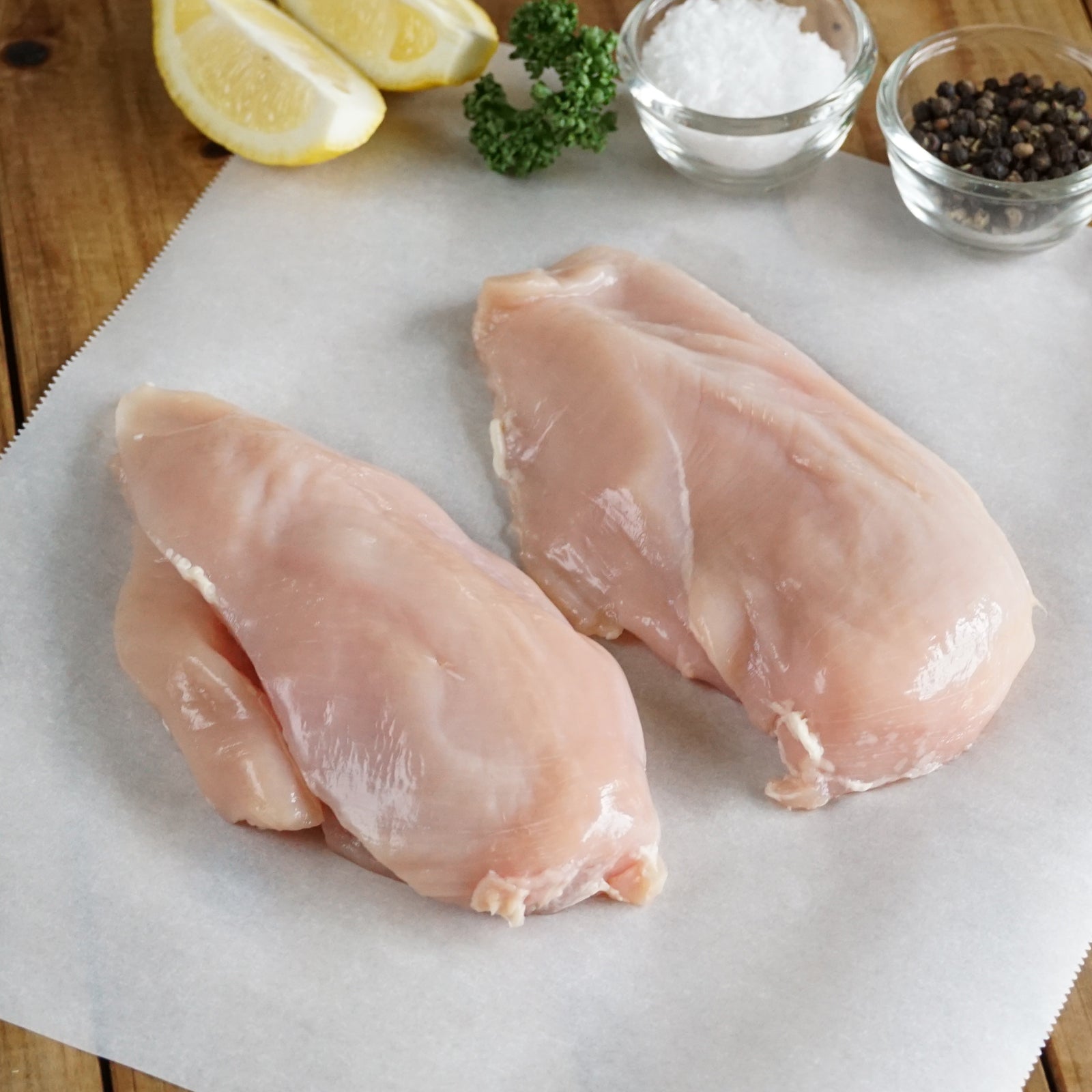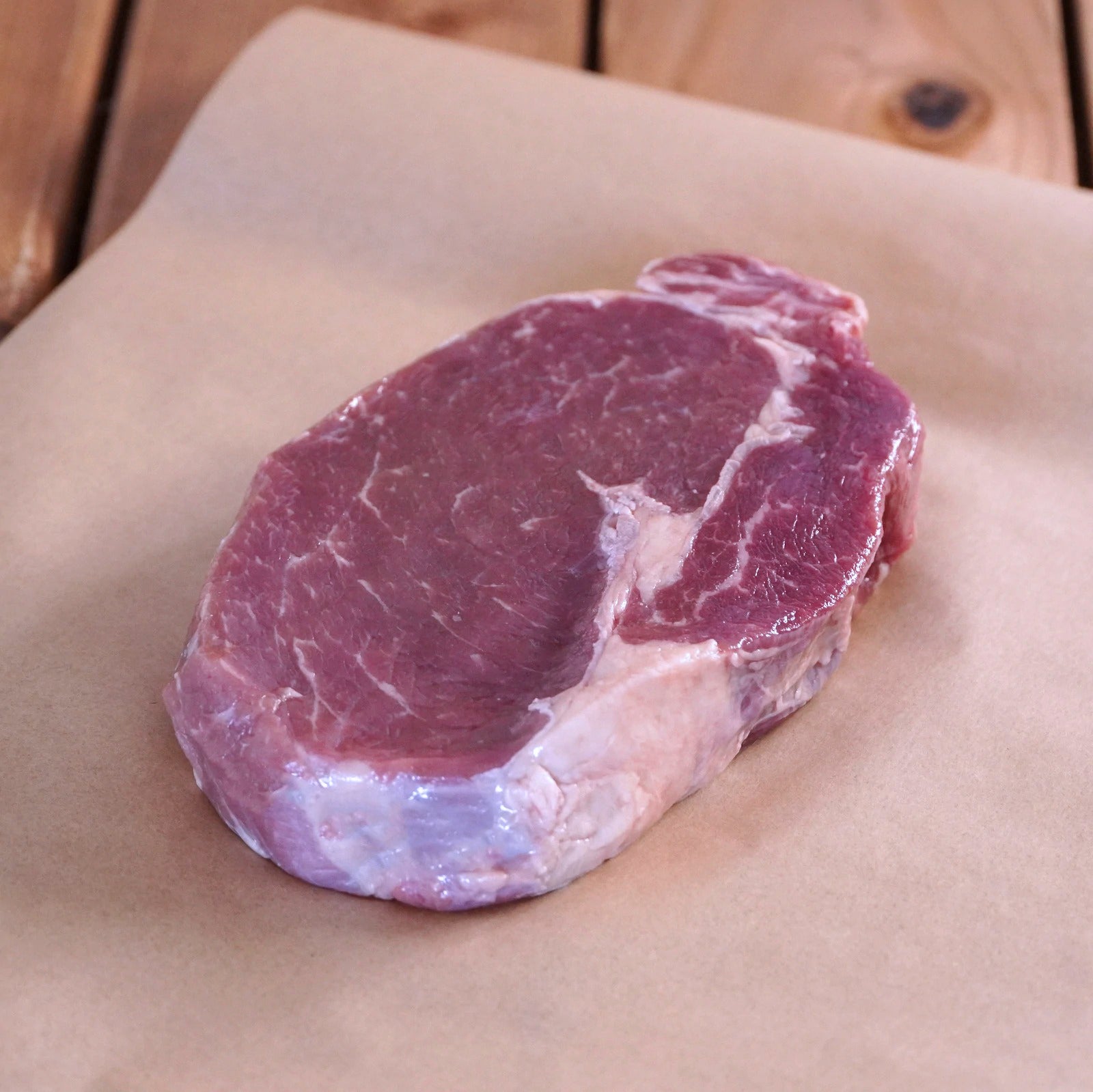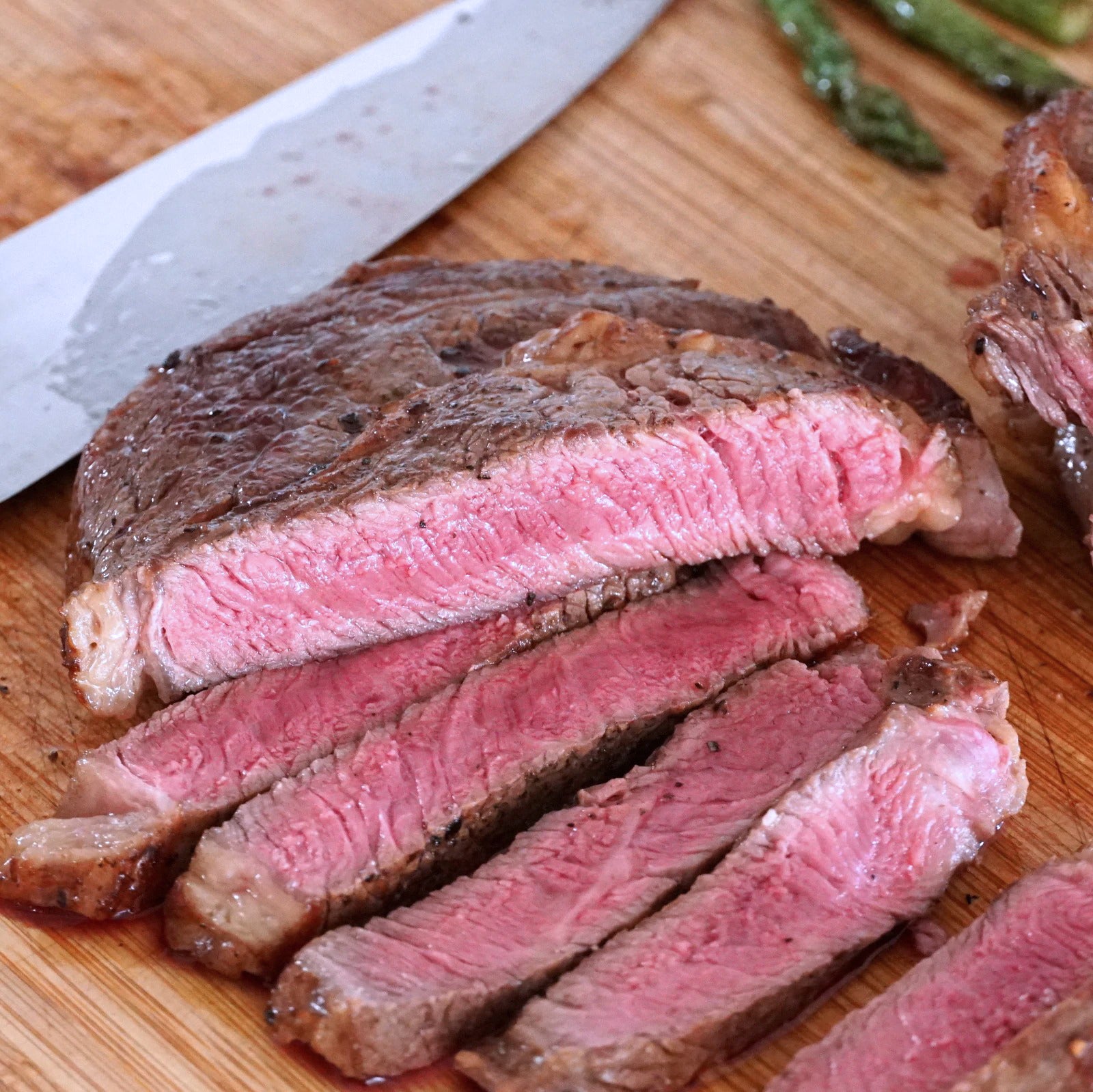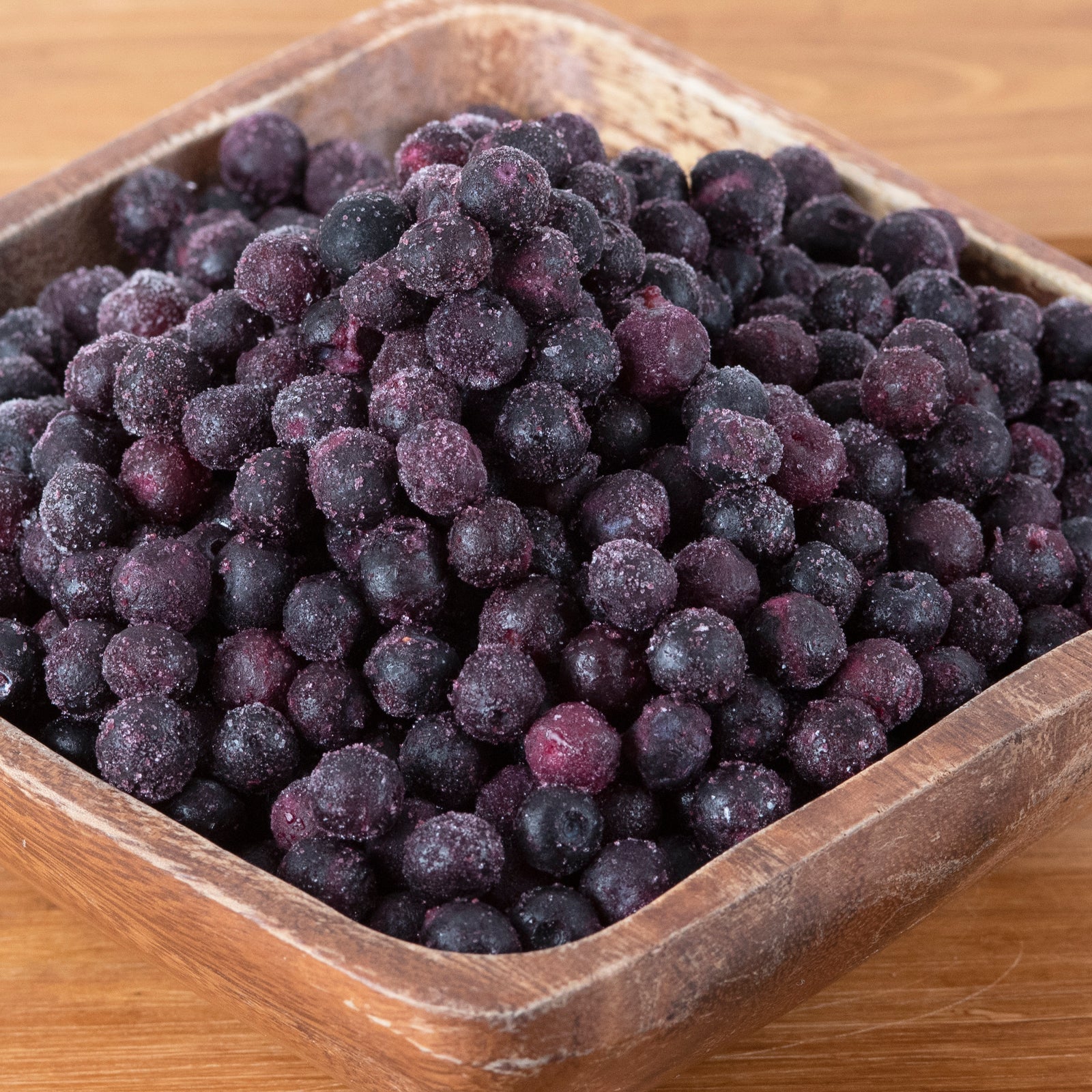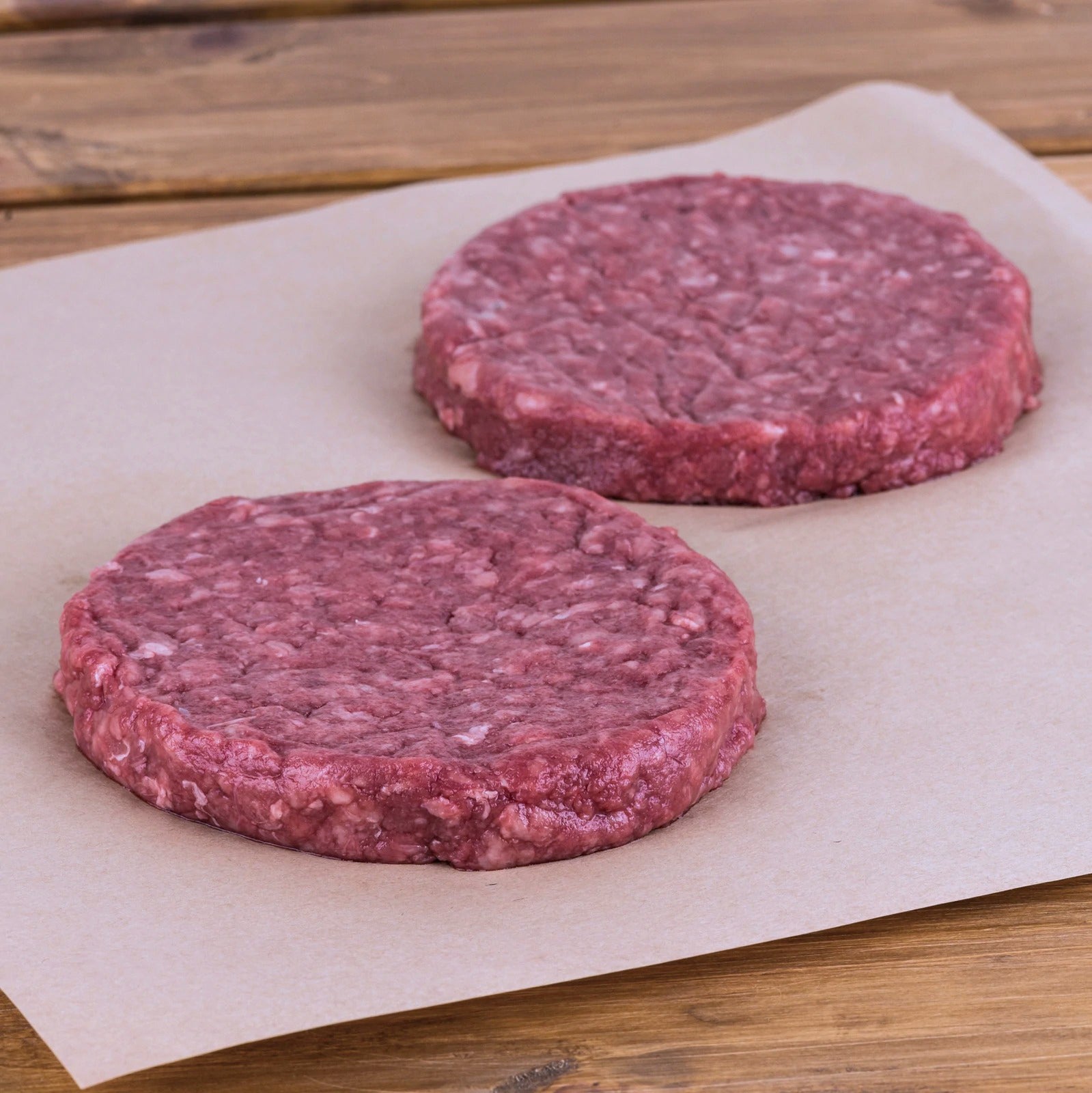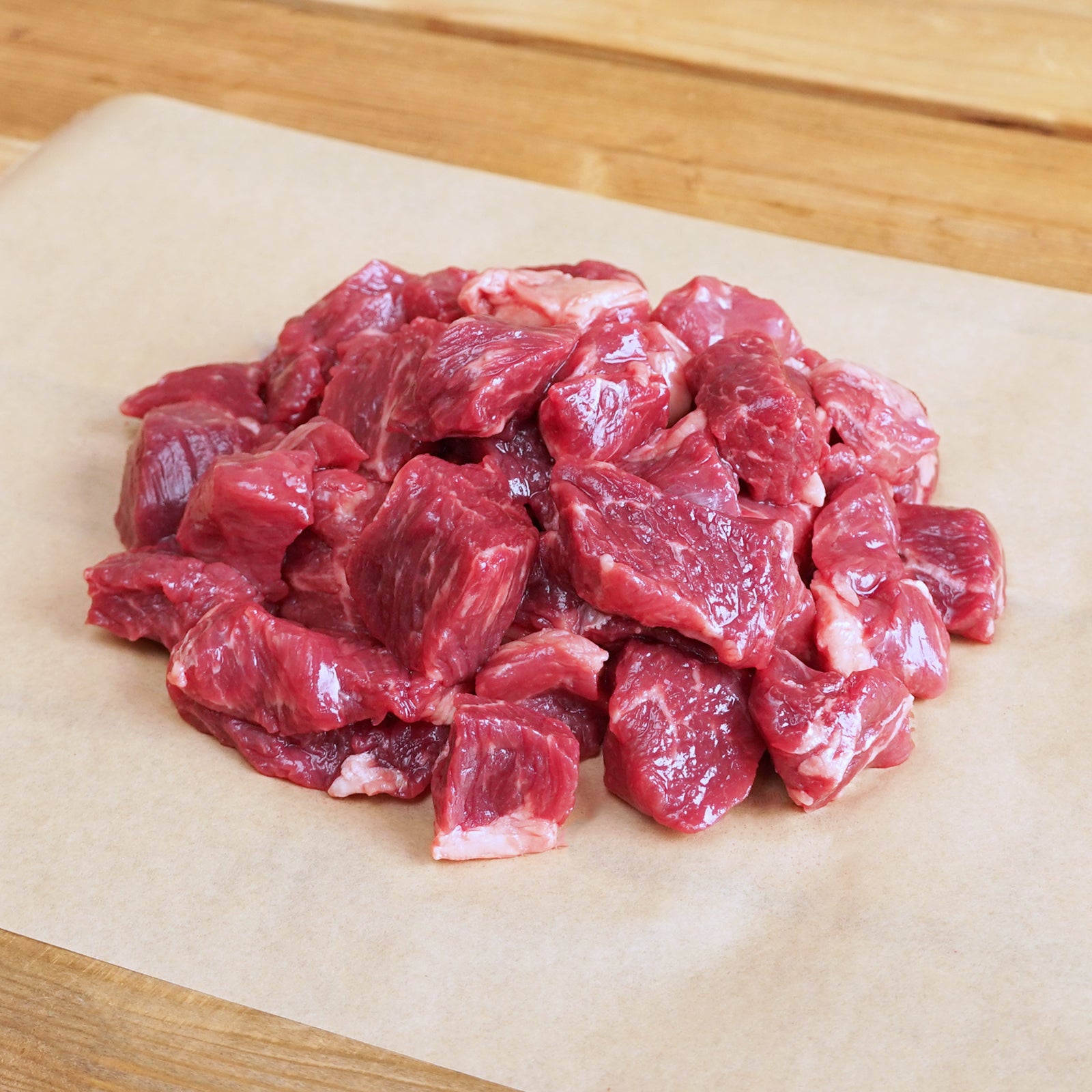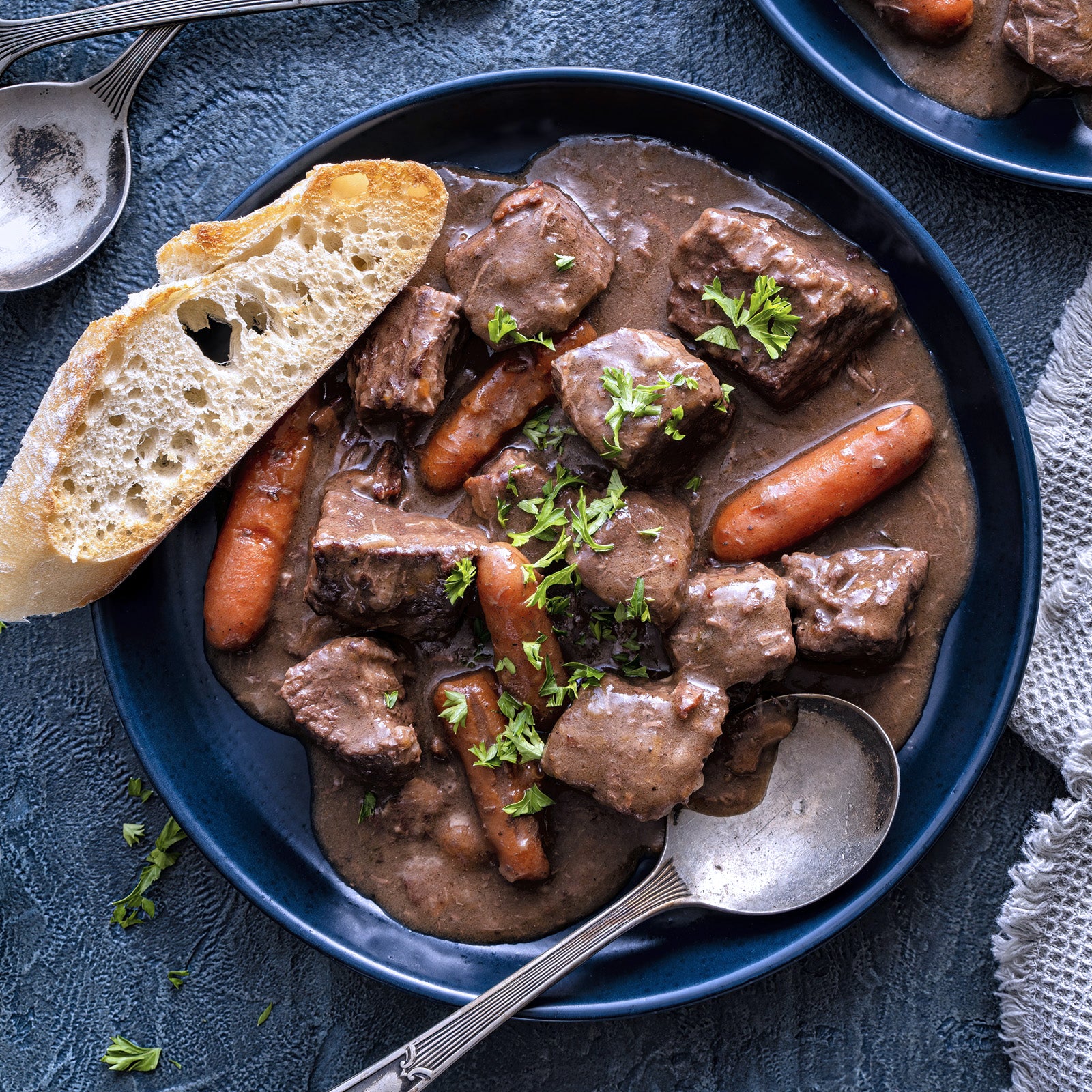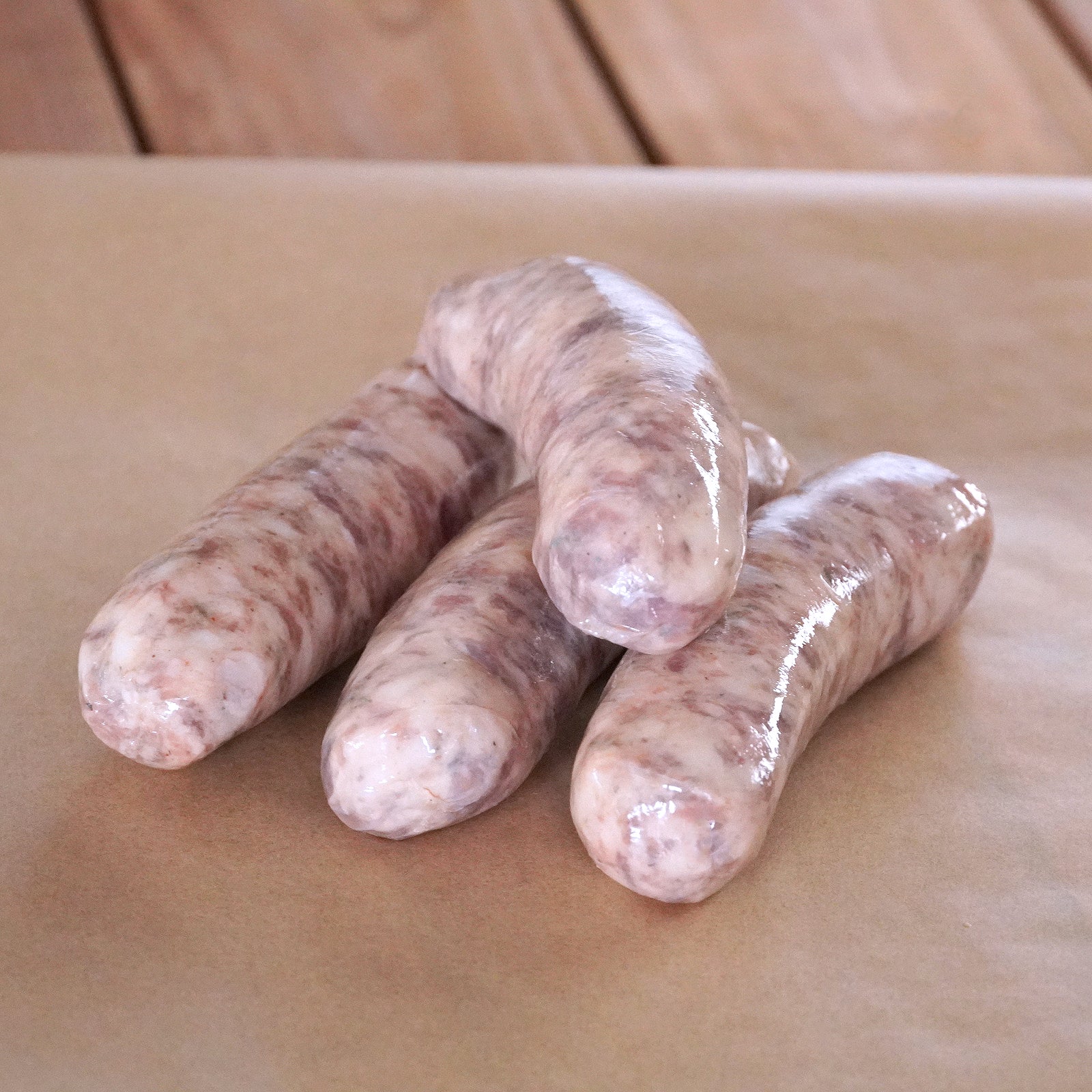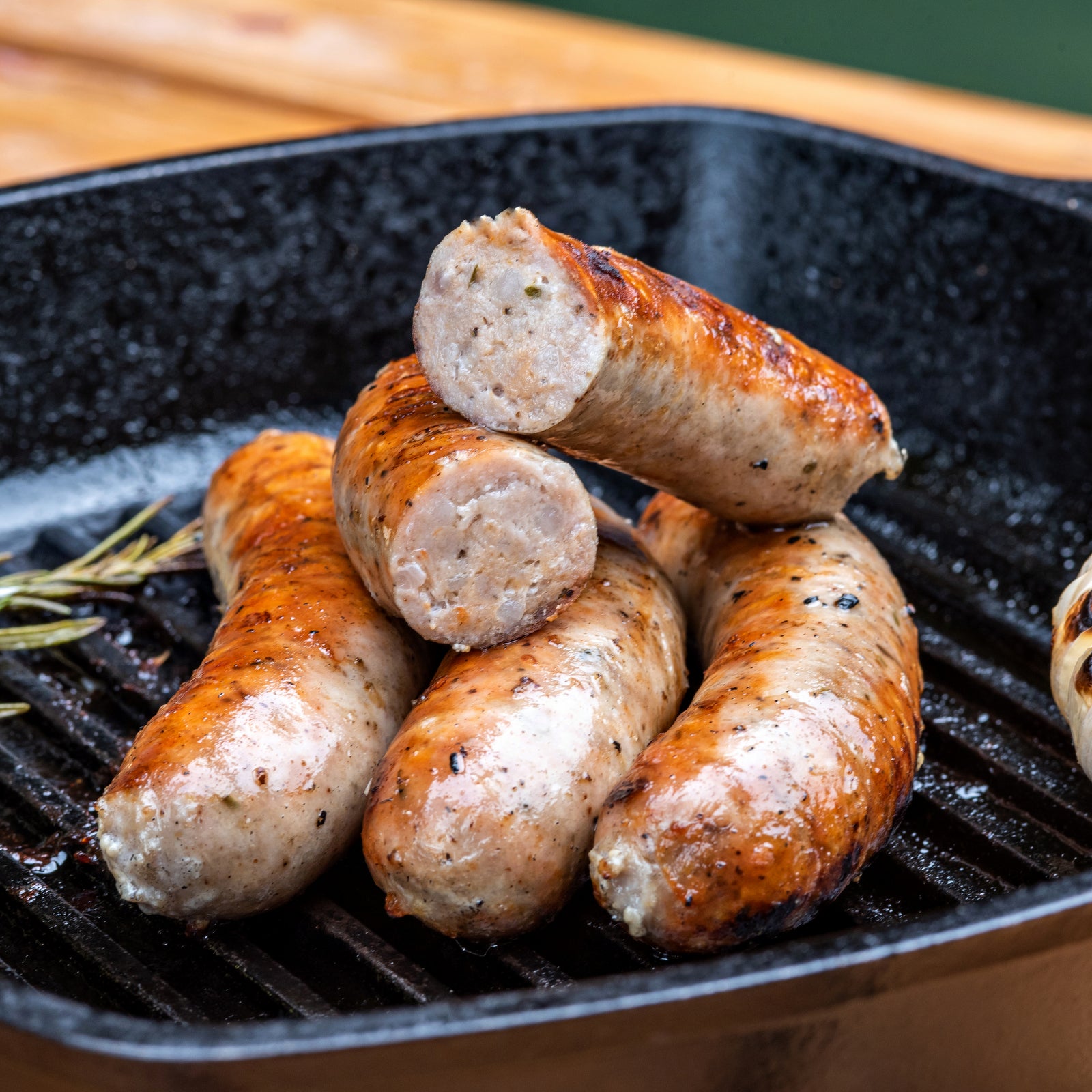Why understanding keywords is important for food safety
When choosing food, we encounter many words that sound healthy and appealing. Natural, organic, additive-free, pasture-raised, & free-range are just a few examples. But how well do you really know their meanings?
Knowing the true meanings behind these terms is the first step toward choosing food you can trust. Let's break down some of the terms related to the products we offer at Horizon Farms, so you can make clear, informed decisions.
Organic - Meaning and Certification
"Organic = good for you." This is the basic definition that many people apply to the word, and it's not wrong, but there's far more going on behind the scenes.
In Japan, for a crop to be certified JAS organic, it has to be grown without chemical pesticides or fertilizers for a specified period, and managed consistently from growth through production and distribution. Strict certification systems exist around the world for imported organic foods, such as USDA organic in the USA and EU organic in the European Union.
In other words, organic doesn't mean crops grow wild and free, but rather that they are strictly managed under standards that align with natural growth. Here at Horizon Farms, we offer a wide selection of carefully chosen products with trusted organic certifications from around the globe. For more details on different organic certifications, check out our article here.
Pasture-Raised - Lifestyle and Benefits
"Pasture-raised" is a term sometimes applied to cows, sheep, and other livestock animals. These animals grow up on open grassland, free to stretch their legs and nourish themselves on naturally-growing grass and legumes. Just hearing the word "pasture" is often enough to conjure images of rolling green hills in many people's minds.
A pasture-raised lifestyle generally means less stress and fewer antibiotics for the animals, resulting in higher-quality and cleaner food. Meat and dairy from cattle that are grass-fed also contain higher levels of omega-3 fatty acids and antioxidants than conventional grain-fed cattle.
Pasture-raising animals also has an environmental aspect because it utilizes vast areas, making it less of a burden on the soil and ecosystem than if the animals were all kept in one specific location.
We offer many different kinds of pasture-raised products from grass-fed beef and organic chicken to high-quality pork and lamb. For more information about pasture-raising, take a look at our article covering free-range benefits.
Free-Range - Freedom and Quality
The term “free-range” refers to a farming method where livestock are raised with access to the outdoors and space to move freely.
A similar method known as “flat rearing” allows animals to roam uncaged indoors. However, in Japan, this label can also apply to chickens and other livestock that spend part of their time outdoors. Here at Horizon Farms, we refer to this as "range-free." In such cases, eggs may carry both “flat rearing” and “free-range” labels.
In contrast, “cage rearing” confines animals to cages indoors, limiting their movement. Free-range environments allow animals to bask in sunlight, forage naturally, and generally lead healthier, less stressful lives.
Free-range eggs are often praised for their firmer texture. More importantly, knowing how the animals are raised brings peace of mind to many consumers.
At Horizon Farms, we offer meat, eggs, and more from livestock raised organically and free-range. Our long-time customers value not just the quality, but the care and ethical practices behind every product.
Additive-Free
When you see the term “additive-free,” it’s easy to assume the product is healthy. But the reality is a bit more complicated.
Often “additive-free” (無添加 in Japanese) simply means that certain additives weren’t used, while others may in fact still be present. Moreover, because not all ingredients are legally required to be listed, it’s rare to find a product that’s truly free of all additives.
That’s why it’s important to read labels carefully. Look for specific claims like “no preservatives” or “no artificial colors” to better understand what you’re really getting and to make choices you can feel good about.
At Horizon Farms, we carefully select foods that contain absolutely no unnecessary additives, and we list all ingredients as honestly and transparently as possible. For more details about “additive-free” labeling, please see our related article.
Horizon Farms' Commitment: True Peace of Mind
Everything we’ve shared so far reflects the core values behind Horizon Farms.
Why do we insist on organic?
Why do we choose pasture-raised and free-range practices?
Why are we committed to eliminating additives wherever possible?
Because we believe you deserve food you can fully trust. Behind each product is a great deal of unseen effort — from working directly with farmers and producers, to maintaining strict freshness during import, to using the latest in frozen food technology. It’s these quiet, behind-the-scenes efforts that make safe, honest food possible.
Summary: Learning the Language of Food to Make Safer Choices
Organic, pasture-raised, free-range, additive-free — the words we see around food each carry meaning and intention. Instead of simply choosing what sounds good, understanding why it’s good can lead to a more fulfilling and trustworthy dining experience every day.
At Horizon Farms, we’ll continue to honor the truth behind these words as we bring you safe, delicious food you can feel good about.
Disclaimer: Please note that while our explanations are accurate, they are simplified for brevity and understanding. We encourage you to do further research on the topic.
Sources*
- Food Additive Labeling (Additive-Free-Related): Consumer Affairs Agency. (n.d.). Information on Food Additive Labeling:
https://www.caa.go.jp/en/policy/standards_evaluation/food_additives_en/ - Organic JAS Certification (Japan): Ministry of Agriculture, Forestry and Fisheries. (n.d.). The Organic JAS System:
https://www.maff.go.jp/e/policies/standard/specific/organic_JAS.html - Animal Welfare & Pasture-Raised Farming: Ministry of Agriculture, Forestry and Fisheries of Japan. (n.d.). The Concept of Animal Welfare:
https://www.maff.go.jp/e/policies/animalwelfare/animalwelfare.html
*Article information originally sourced from the Japanese language websites.

